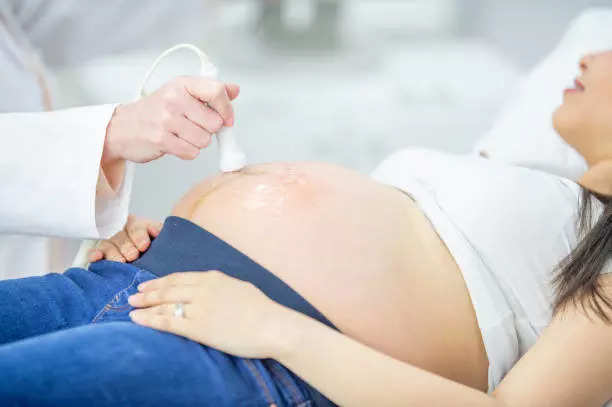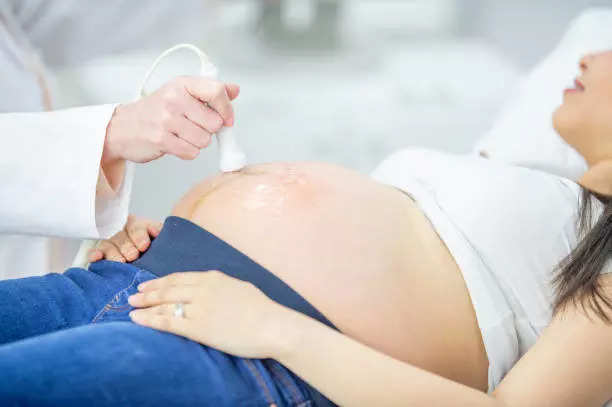Researchers said that epidural analgesia, whereby anaesthetic drugs are delivered via small tubes into the space outside the spinal cord, is recommended for women at risk from SMM because of being obese, while delivering more than one baby, or in premature delivery.
While previous studies have suggested that epidural analgesia in labour may reduce the risk of SMM, the researchers, including those at the University of Glasgow, said that evidence was limited.
For their study, the team used data from the Scottish National Health Service of more than 5.5 lakh mothers in labour, delivering vaginally or via unplanned caesarean section in the country between 2007 and 2019.
More than 1.25 lakh mothers of the 5.5 lakh (about 22 per cent) were found to have had an epidural in labour and SMM was found to have occurred in 4.3 per 1000 births.
“Epidural analgesia during labour was associated with a 35 per cent reduction in SMM, and showed a more pronounced effect in women with medical indications for epidural analgesia and with preterm births,” the authors wrote. “This effect was more pronounced in specific groups, showing a 50 per cent risk reduction in women with predefined risk factors, and a 47 per cent reduction in those delivering prematurely,” they wrote. The researchers suggested possible explanations for the risk reduction, which included blunted physical stress experienced by mothers during labour because of the anaesthesia.
The authors acknowledged that the study involved predominantly white women delivering in Scotland, which could limit the application of their findings to a wider, more ethnically diverse population, or different health care settings.
Further, being an observational study, no cause-and-effect conclusions could be drawn, they said.
The findings “might serve as a catalyst for initiatives aimed at improving equitable access to epidural analgesia during labour, potentially mitigating SMM and improving maternal health outcomes across diverse socioeconomic and ethnic backgrounds,” the authors wrote.
“Expanding access to epidural analgesia for all women during labour, and particularly for those at greatest risk, could improve maternal health,” they wrote.


































